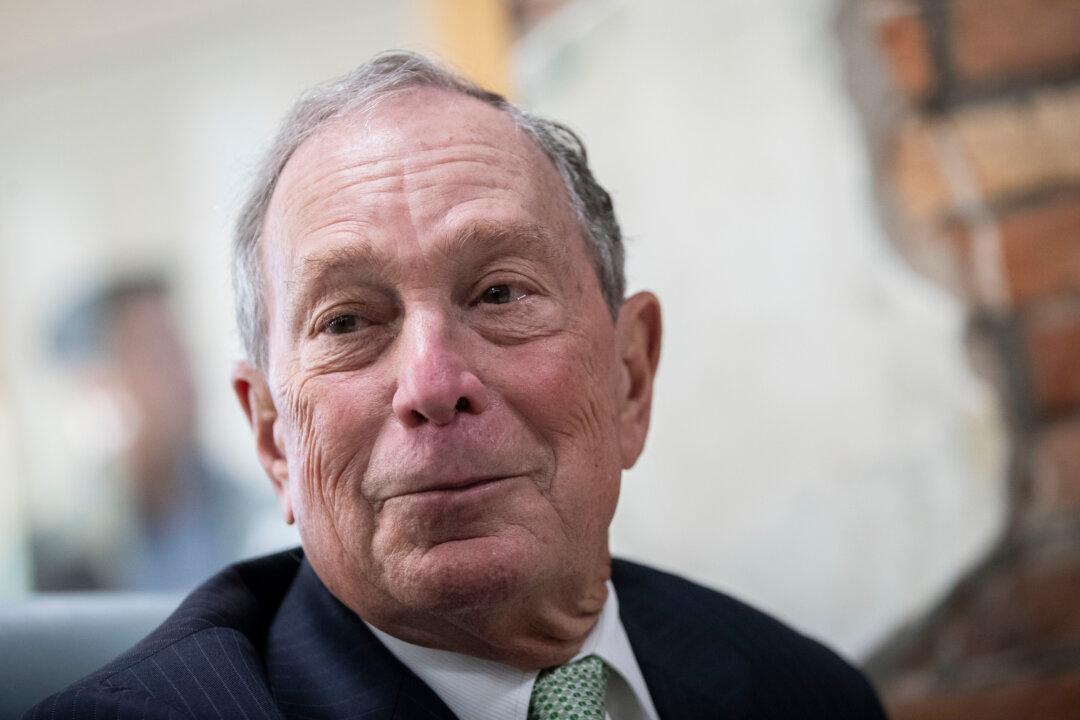Democratic presidential contender Michael Bloomberg has dropped over $200 million on his bid for the presidency, outpacing most rivals and putting up almost as much money alone as the rest of the field has.
As of Friday, Bloomberg’s spending surpassed $200 million while the rest of the field has spent $222 million combined, Advertising Analytics said.





